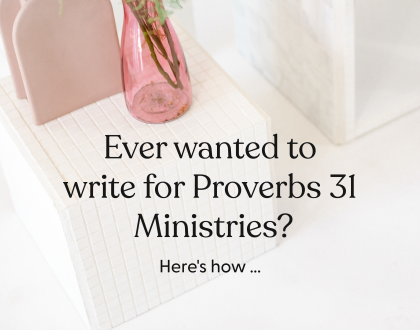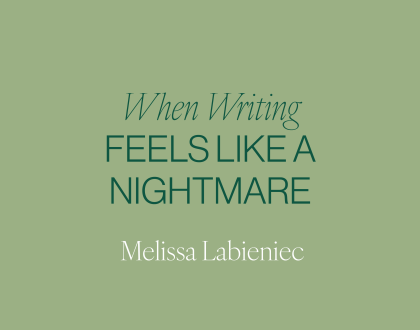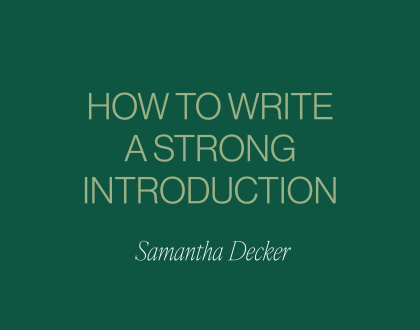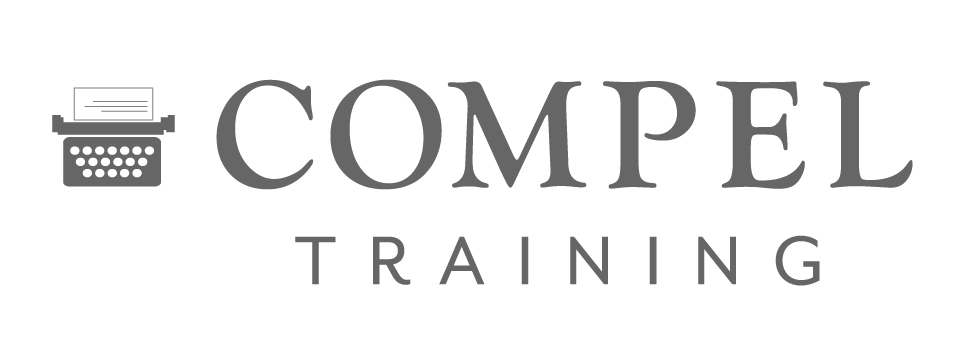Organizing Your Research, by Glynnis Whitwer
Years ago I walked into my pastor’s office a bit in awe. The woodsy smell of books spoke of his love of all things associated with words and the Word. He conveyed a scholarly attitude as we discussed the theological question that brought me to his office that day.
After sharing Scripture and some thoughts on my questions, he rose and took a few steps to a tall filing cabinet adjacent to his desk. Opening the second drawer, he reached in and pulled out a manila file packed with papers. Before he could close the drawer, my nosey self had glimpsed into the inner sanctum of how a pastor organized his research.
The drawer was filled with files just like the one he pulled out. Each was labeled with a different topic and sorted alphabetically. There must have been hundreds of files! My attention then turned to the file in his hands, which he opened to reveal magazine clippings, handwritten notes, jokes and stories all pertaining to the topic at hand.
His effortless ability to access his collection of information impressed me then and still does now. The visual image of organizing information is one that inspires me to do the same, especially since my capacity to forget things astounds me. Ideas that seem so brilliant that I will NEVER forget them somehow vaporize the next day. Websites I’m sure I’ll remember, are lost in cyberspace, never to be found again.
As a writer, the ability to organize and access my research is critical — especially when I’m working on a project like a book. I never know when I might want to refer to a resource. And if my writing needs footnotes, I can waste a lot of time backtracking.
Now that I’ve written a few books, here are some tips that helped me keep things in order.
- As I start researching a topic, I create a place to keep books or magazines together. That way I remember which books I’m using as research.
- Then, create a place to drop in information as you find it. This might be quotes, ideas, other references to research, etc. When I’m working on a book, I set up folders in Word for each chapter. For those who prefer to manage paper, this can also be done by setting up actual folders or an accordion file.
- As I discover things I want to remember, I create documents within those folders. Usually, I start with a simple Word document into which I type ideas, and copy and paste relevant websites into this document as well.
Then, when you start writing, all your research is in one place.
- For quotes in a book that need a footnote, write your footnote as you copy your quote. It will save you hours of backtracking.
- Learn how to organize website links in your internet browser and create a folder for each chapter. As you find a website you like, save it as a bookmark in the appropriate chapter folder.
- For those who are more comfortable using digital programs, consider using Google docs, and setting up the same type of folder system for your writing. The benefit of a Google doc is your ability to access your information from your phone or another computer.
The key to effectively organizing information is to have it all in one place — whether that’s a 3-ring binder, Word folders or a digital software. Not only will it save you time in trying to find that perfect quote you read last week, but it will also inspire you to write, knowing you’ve already got a head start.
_____________________________________________________________________________________
Glynnis Whitwer is the Executive Director of Communications at Proverbs 31 Ministries, and part of the leadership team at COMPEL Training. She has written or co-written 10 books.
Recommended Posts

Ever wanted to write for Proverbs 31 Ministries? Here’s how…
April 18, 2024

When Writing Feels Like a Nightmare
April 16, 2024

How To Write a Strong Introduction
April 9, 2024

This was timely. I just set up binders for three writing projects I’m working on. Though I use MS Word, I’m still a paper gal and the binders work for me. And you are so right about saving the necessary info for footnotes for quotes. It saves a lot of time.
This is so helpful. Thanks for the suggestions.
Thank you for the encouragement–I’ve been doing this but in a
‘non-organized’ fashion. I’m going to tighten up my process.
Organizing is actually a stumbling block to me, part of what keeps me from blogging! 😕 Thank you for this insight and for breaking your method down into understandable steps!